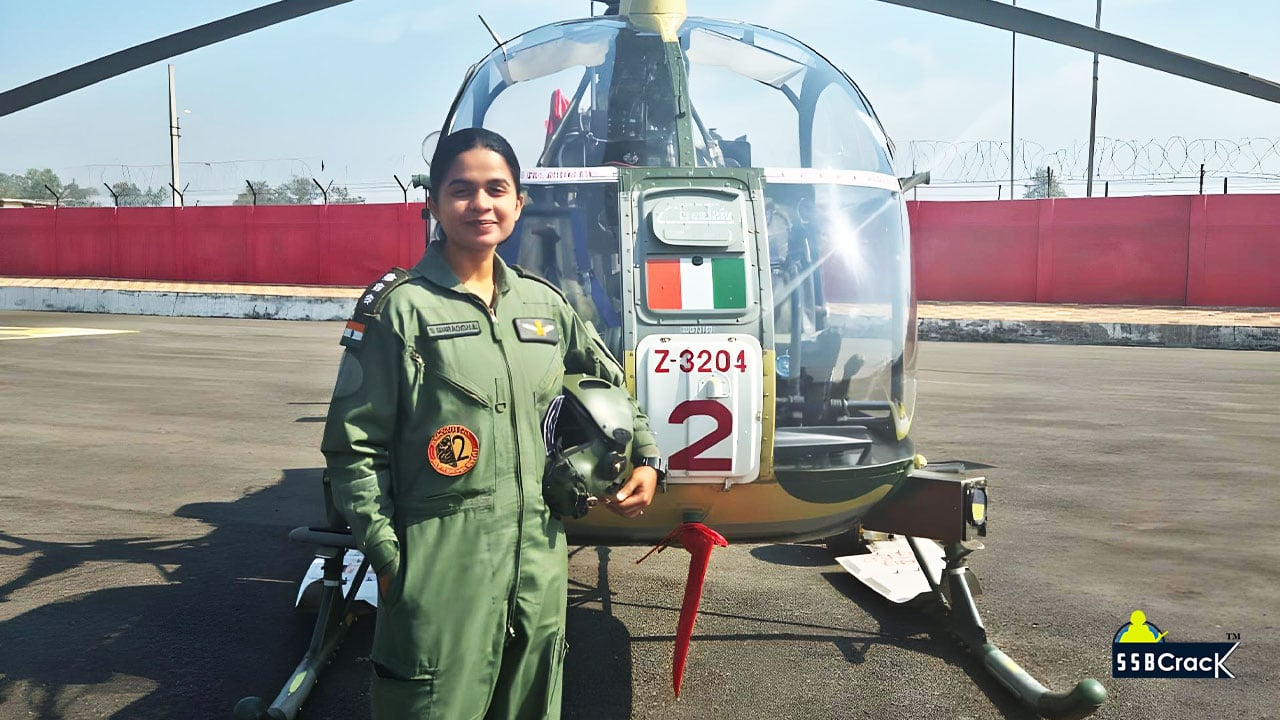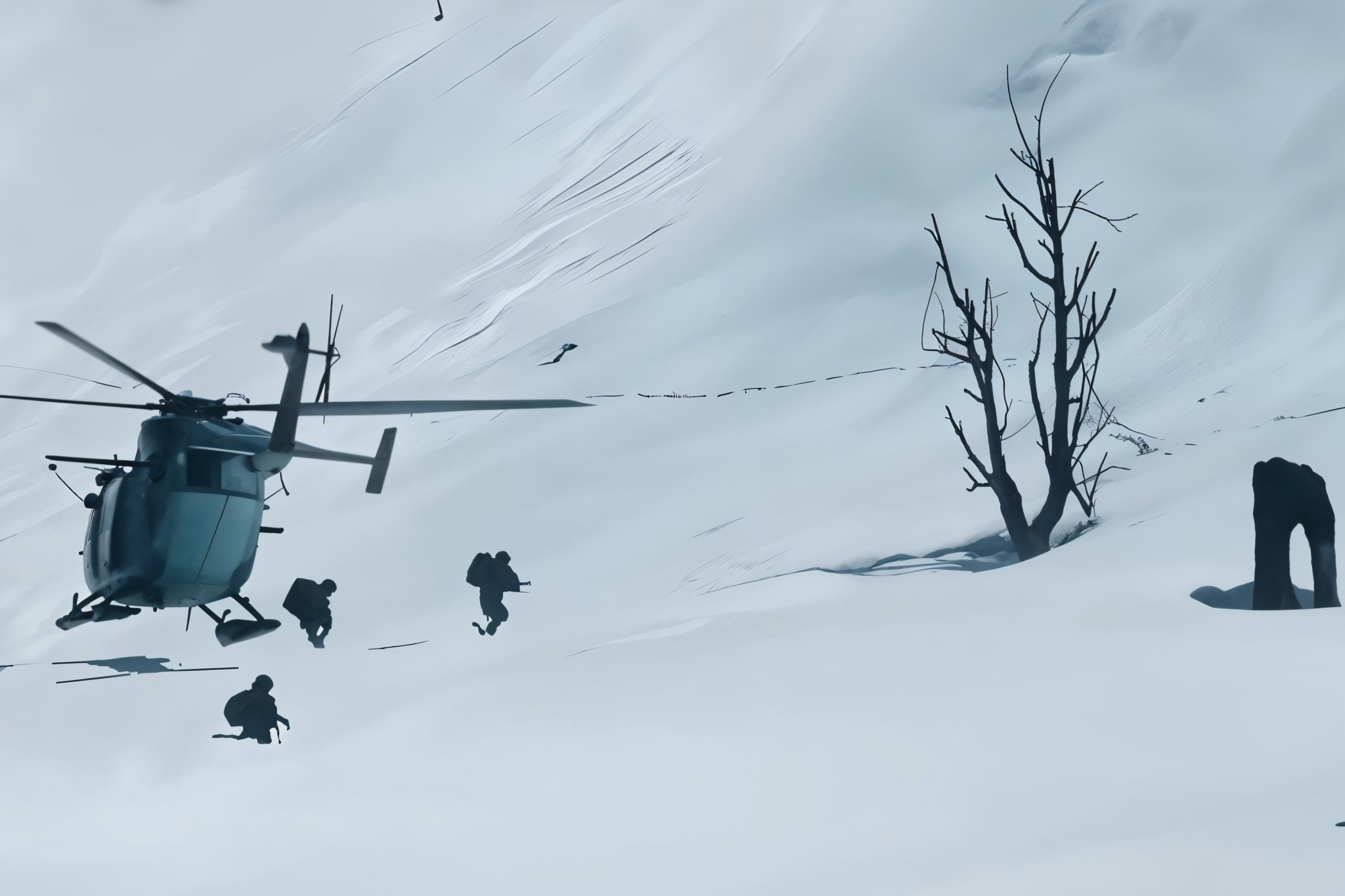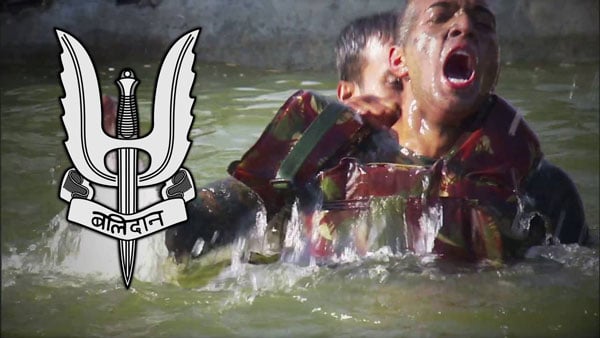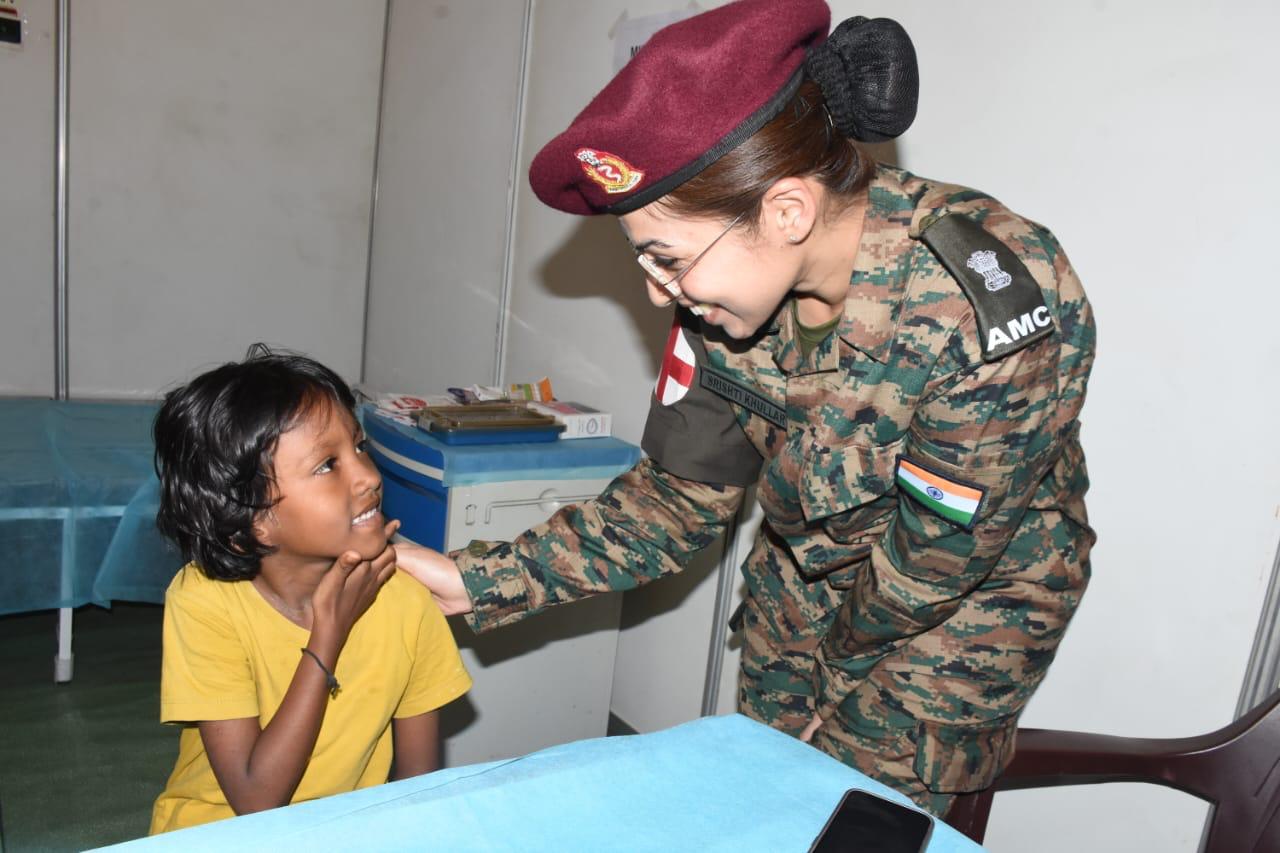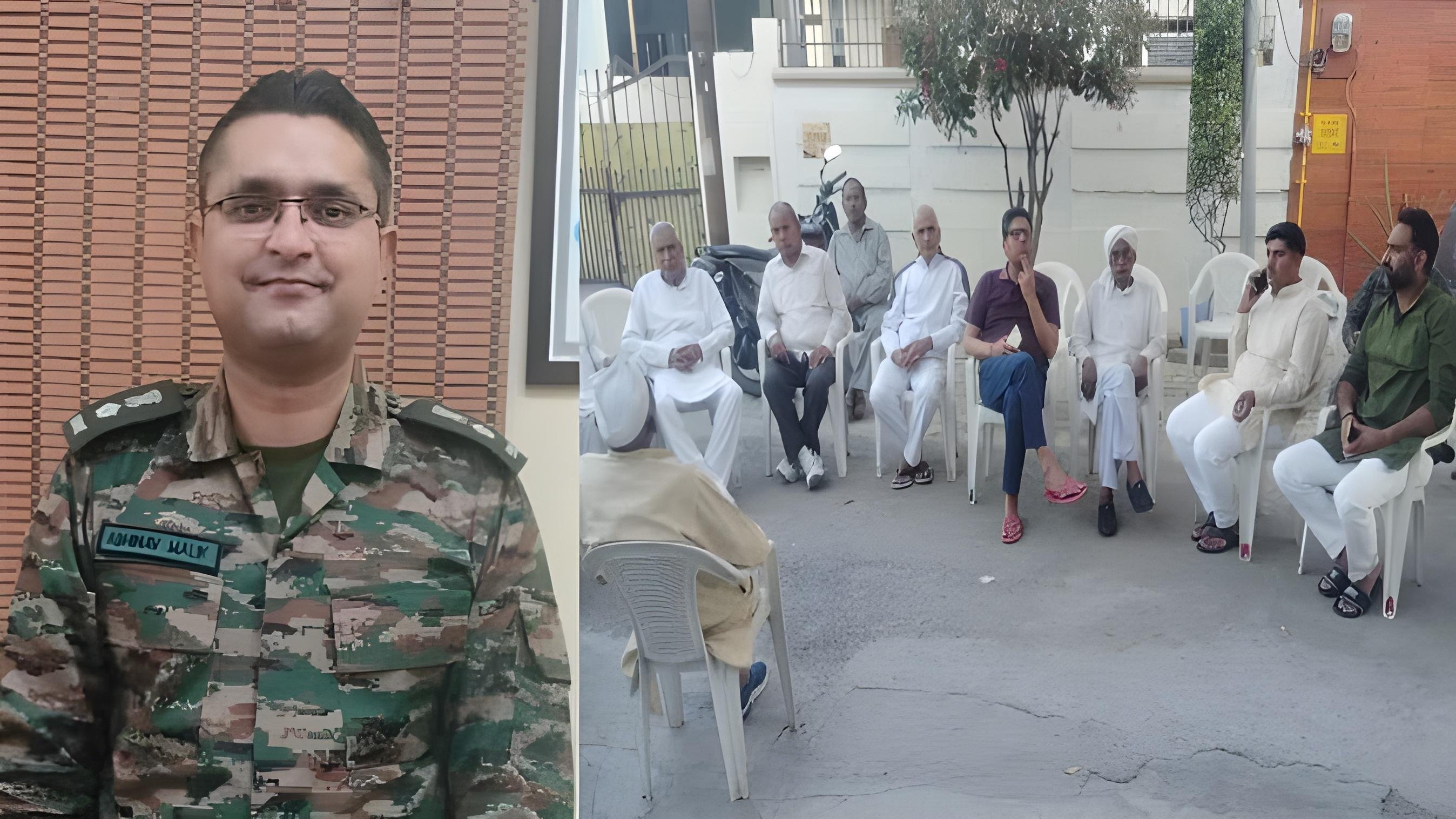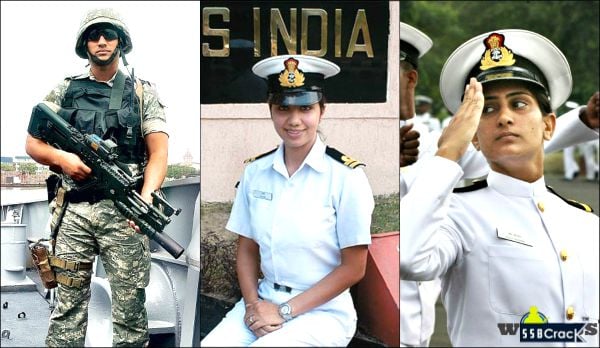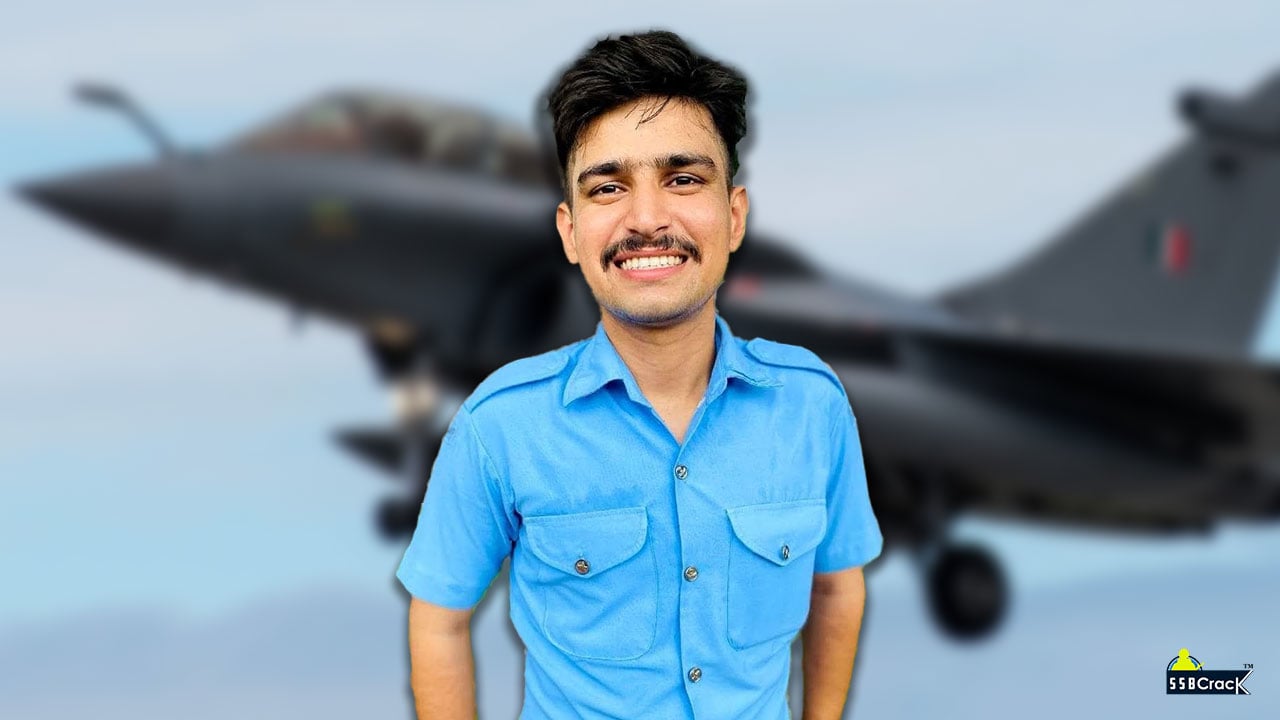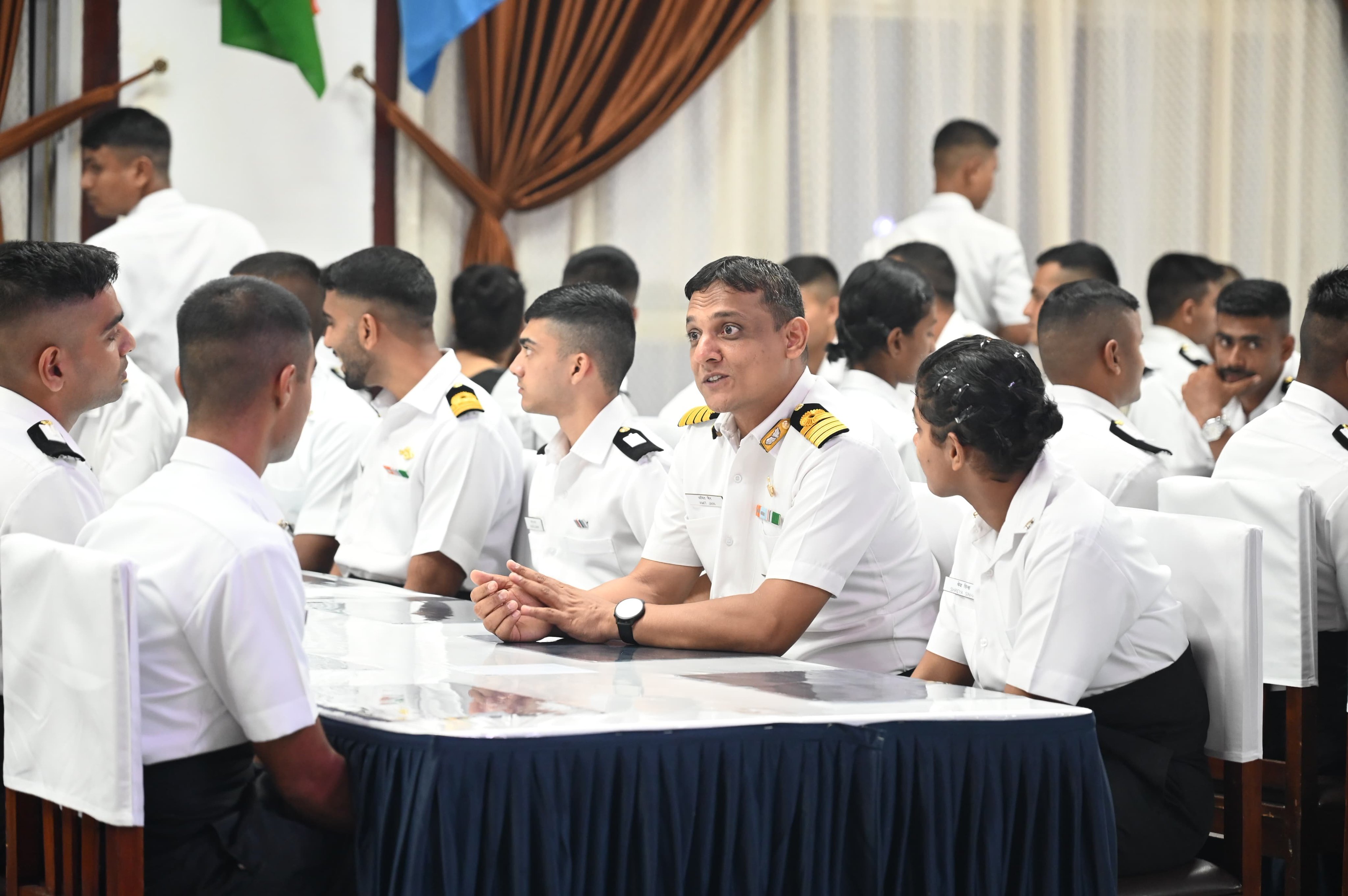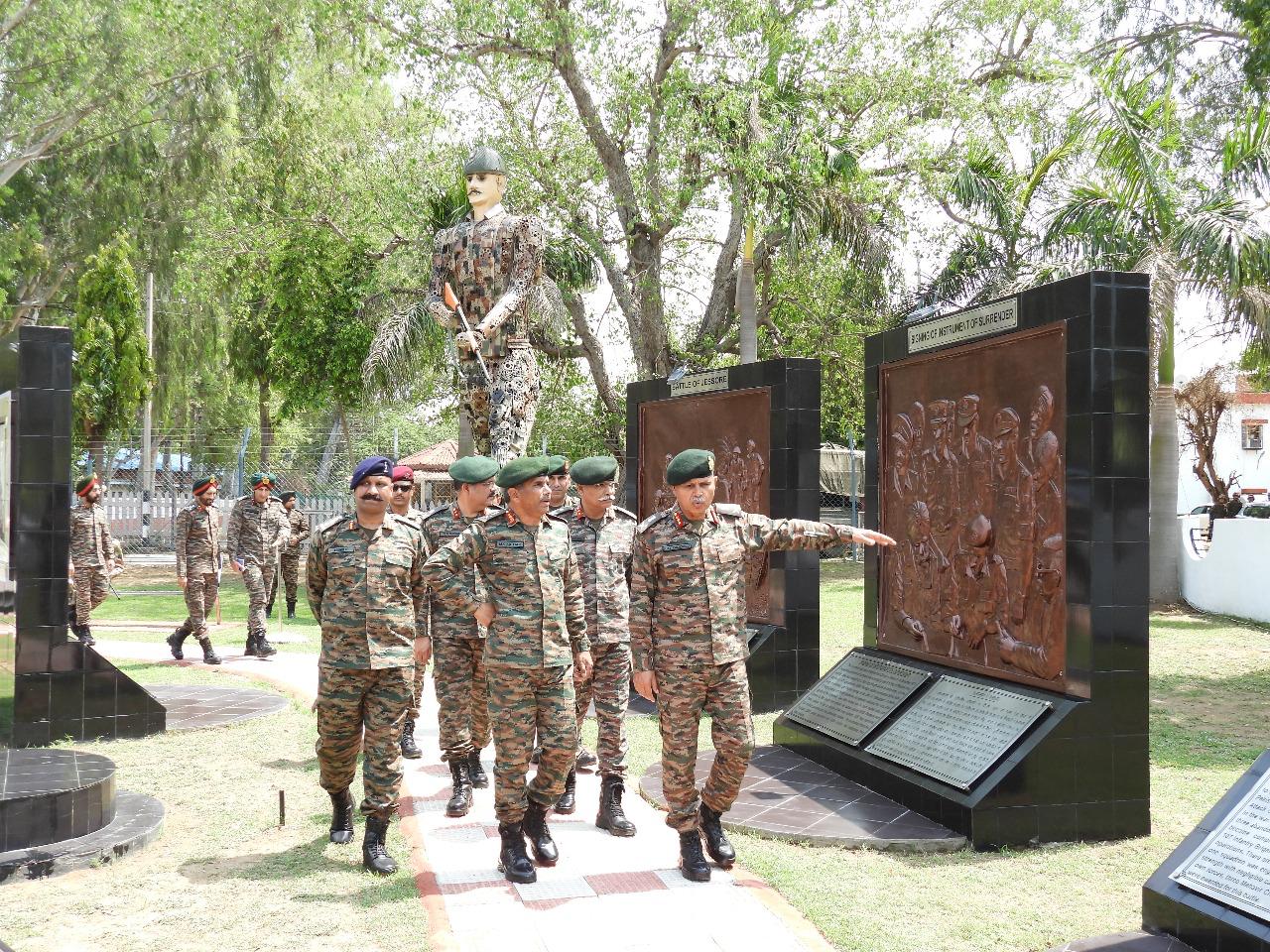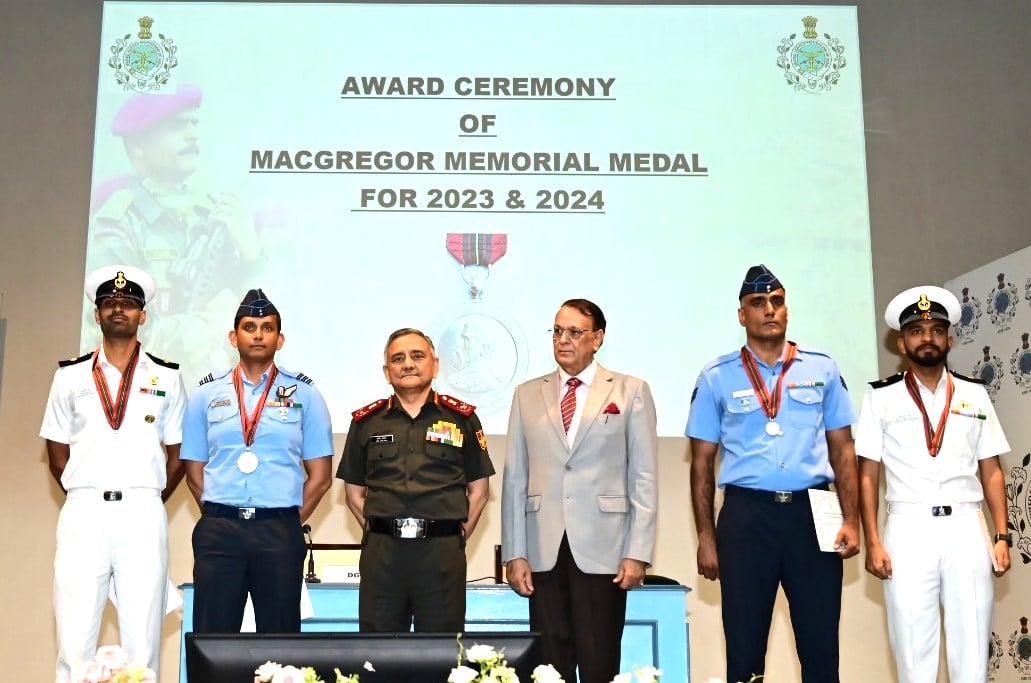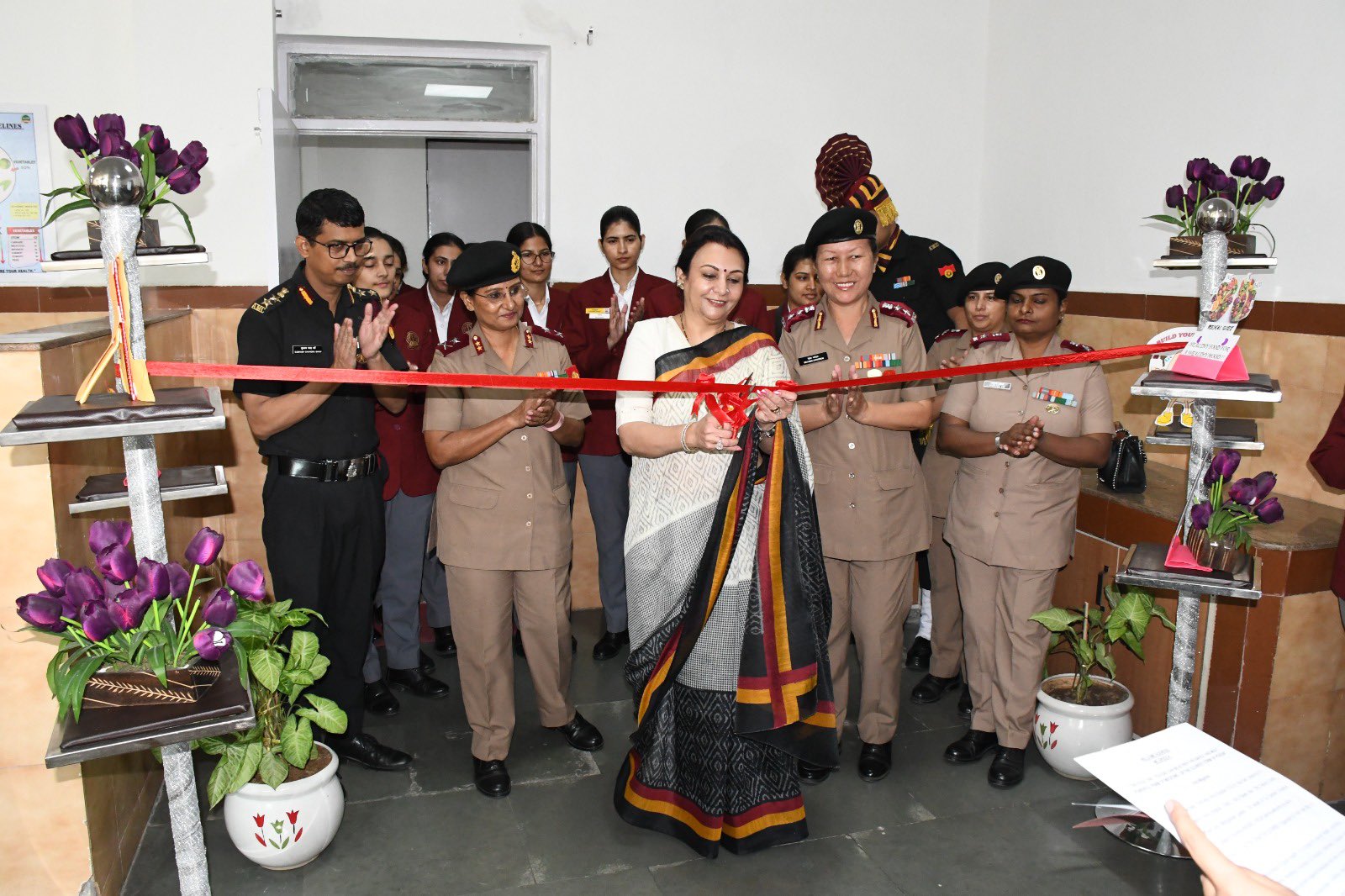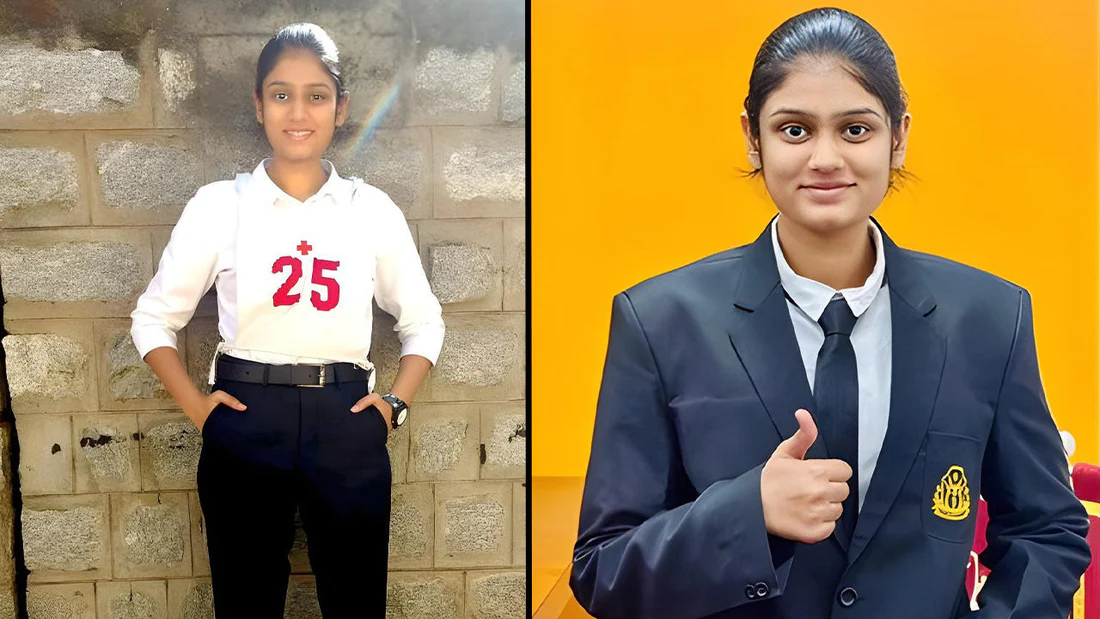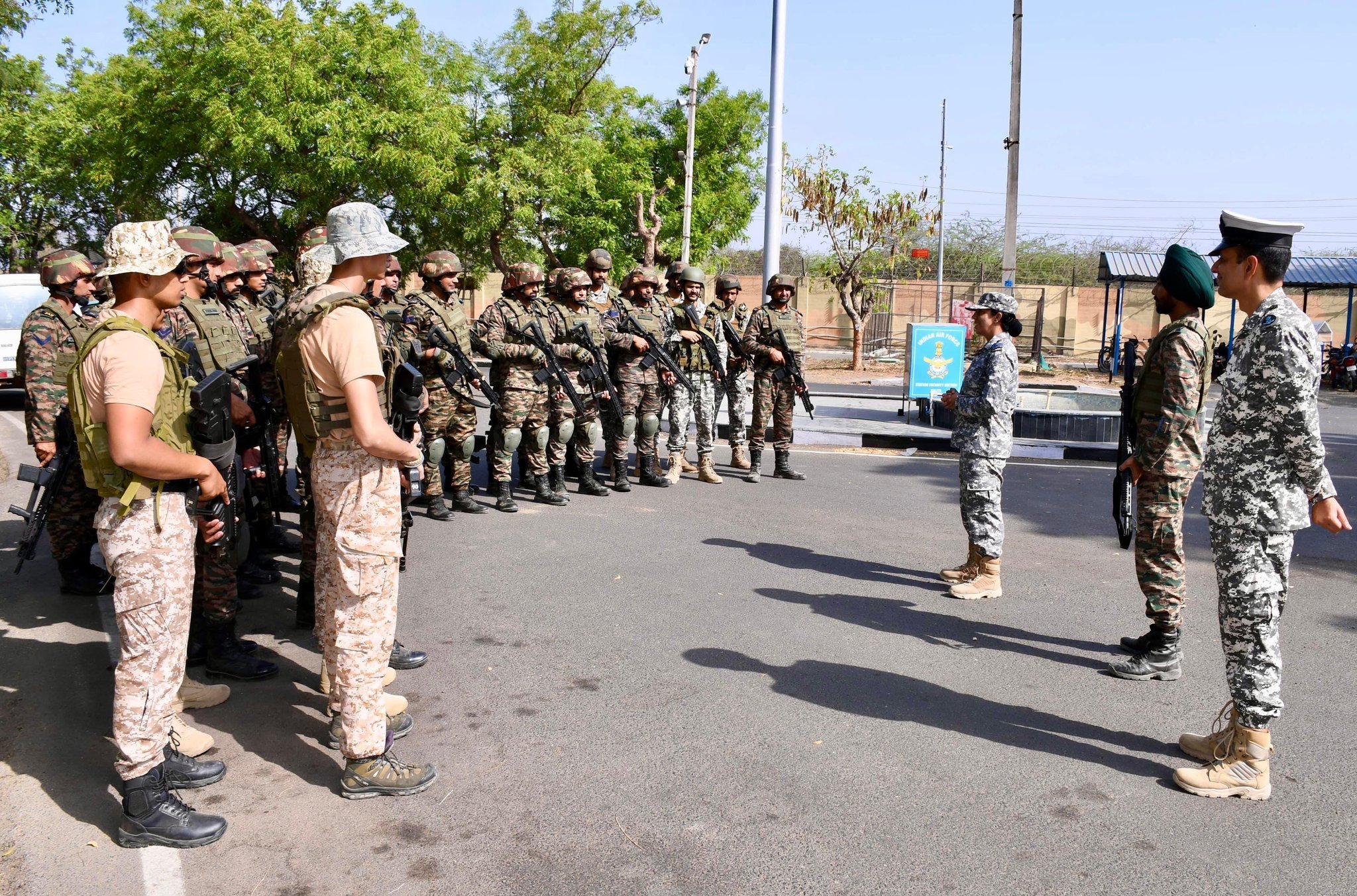Hello, Warriors!
The nation has awarded 21 PVCs since Independence. Lt. Col. Thapa was among the six who were decorated alive while the rest were awarded posthumously. Chief of the Army Staff J. J. Singh has condoled the death of Lt. Col. Thapa. He was survived by his wife, two daughters and a son who is an Army officer.
Interestingly, (then) Major Thapa was believed to be killed in the operation against the Chinese in 1962 and his original PVC citation mentioned this fact. It was later found that he has been taken prisoner by Chinese soldiers. After his release, he resumed his military career.
Born in Shimla, Himachal Pradesh, Lt. Col. Thapa was commissioned in the 8 Gorkha Rifles. The Sirijap valley, north of Pangong lake in Ladakh, was considered vital for the defence of Chushul airfield. The 1/8 Gorka Rifles had outposts there to thwart any enemy encroachment into the area. One of the outposts, named Sirijap-1, was commanded by (then) Major Thapa when the Chinese attack came on October 21, 1962.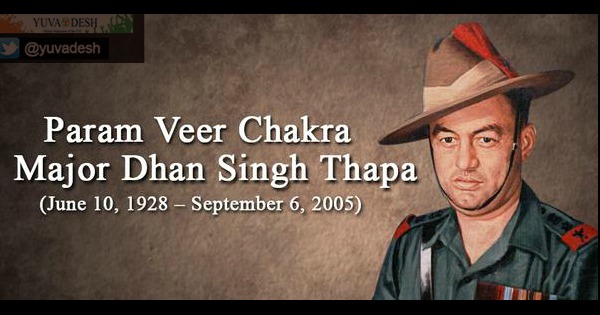
Major Thapa and his men repulsed the first attack, inflicting heavy casualties on the enemy. But the Chinese mounted another attack in greater number after shelling the area with artillery and mortar fire. After being beaten back, the Chinese launched a third attack, which was more powerful and intense, and the Indian strength was depleted. When the post was finally over-run by the Chinese, Major Thapa jumped out of his trench and killed several intruders in hand-to-hand fighting till he was eventually overpowered.
His citation read:
Citation:
Major Dhan Singh Thapa was in command of a forward post in Ladakh. On 20 October 1962 the post was attacked by the Chinese in overwhelming strength after being subjected to intensive artillery and mortar bombardment. Under his gallant command the greatly outnumbered post repulsed the attack, inflicting heavy casualties on the aggressors. The enemy attacked again in greater numbers after heavy shelling by artillery and mortar fire. Under the leadership of Major Thapa, his men repulsed this attack also with heavy losses to the enemy.
The Chinese attacked for the third time, now with tanks to support their infantry. The post had already suffered large casualties in the earlier attacks. Though considerably thinned, it held out to the last. When it was finally over-run by overwhelming numbers of Chinese, Major Thapa got out of his trench and lulled several enemy soldiers in hand-to-hand fighting before he was eventually overpowered by Chinese soldiers.
Major Thapa’s cool courage, conspicuous fighting qualities and leadership were in the highest traditions of our Army.




